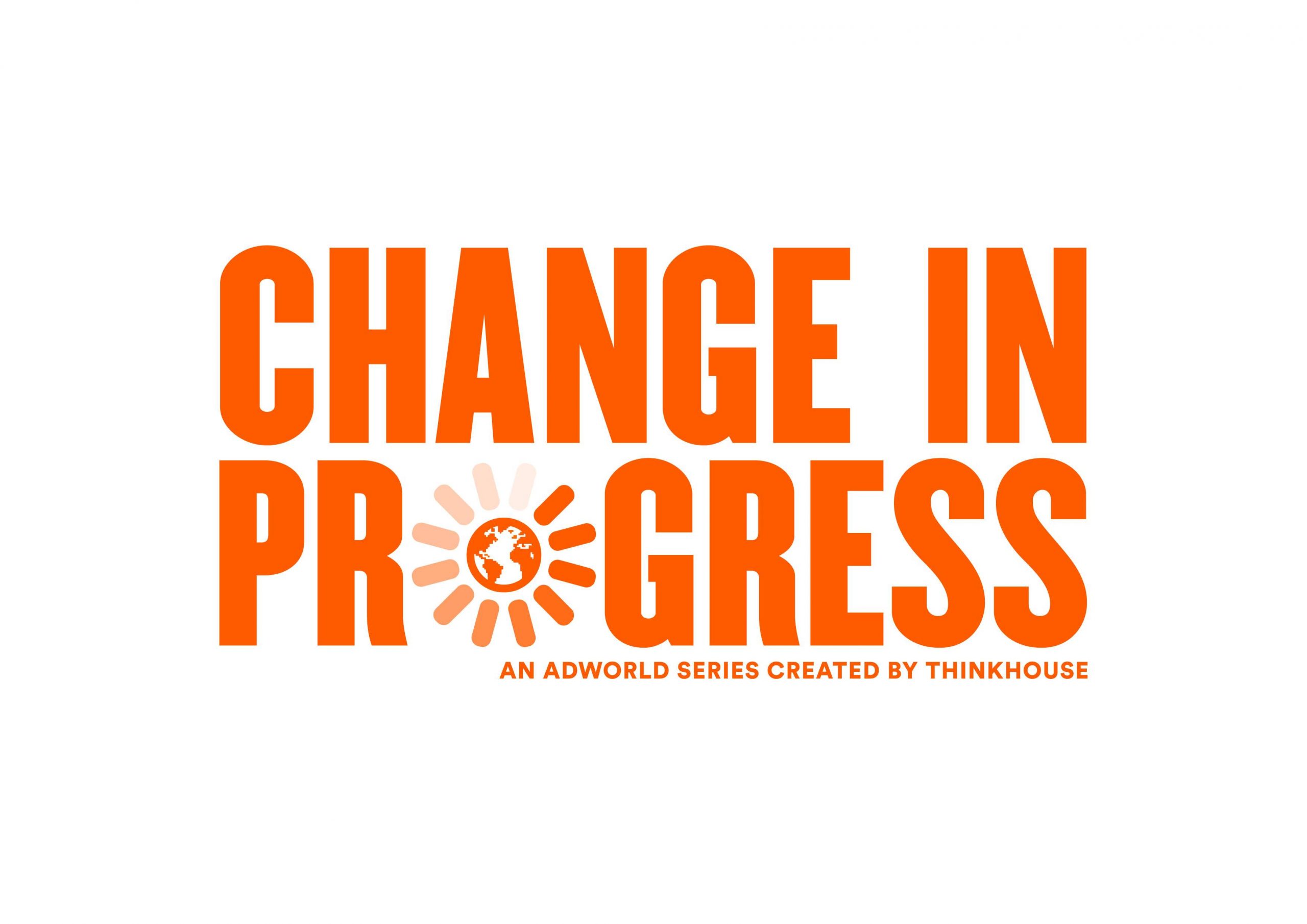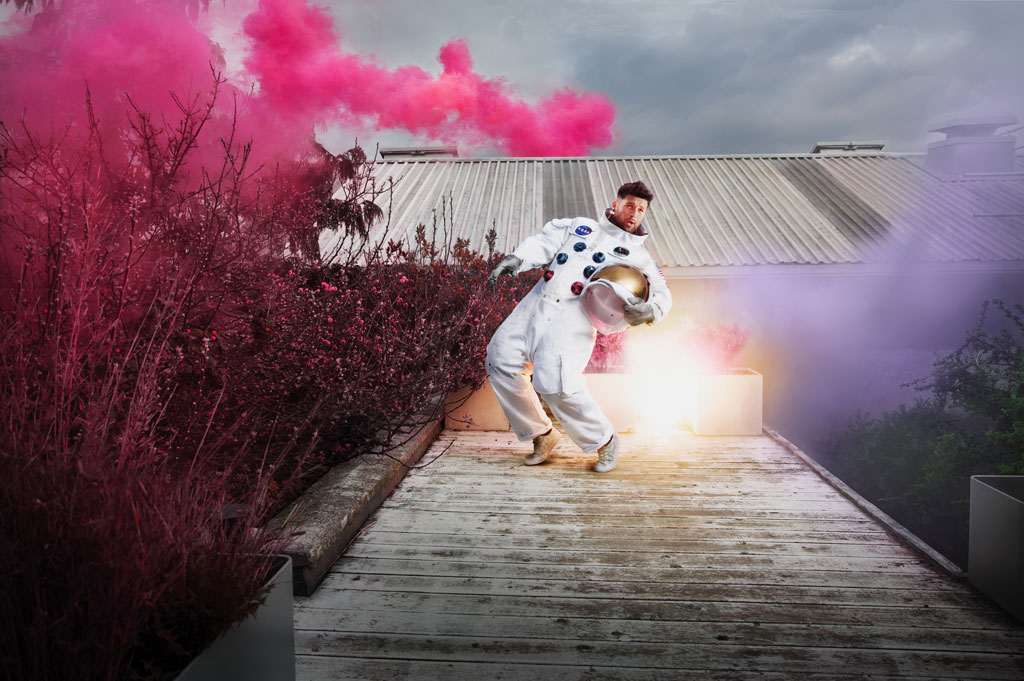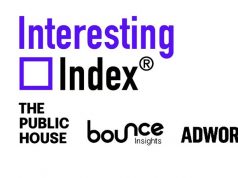“Look closely at the present you are constructing, it should look like the future you are dreaming.” – Alice Walker
Welcome to part one of ‘Change in Progress’, a monthly feature developed by THINKHOUSE in partnership with Adworld.ie and IMJ.
Over the coming months, each feature will provide an overview of how the marketing industry is transforming’ and what actions you can take to be on the forefront of change that is on the right side of history. This edition was led by Laura Costello, strategy director, purpose & planet, and Claire Hyland, head of The Youth Lab, part of Thinkhouse’s PLANET Team.
The goal of this series is to support and accelerate the transformation of the Irish marketing industry for a 1.5°C world – the point of warming at which scientists say we’ll trigger more catastrophic and lasting changes to life as we know it. To keep the 1.5°C target within reach (or as close as possible), the marketing and advertising industry has a mission to reach a ‘Net Zero’ world by 2030, or in other words, cut its greenhouse gas emissions to as close to zero as possible, with any remaining emissions re-absorbed from the atmosphere – for example, by oceans and forests.
Looking specifically to the second half of 2023, we foresee major sustainability marketing changes in the pipeline with even more legislation coming into effect, tighter sustainability procurement policies, and increasing desire from customers and employees to have real transformative impact. The marketers that are on the forefront of these changes are the marketers that will shape the future of the industry. The leaders who put sustainability literacy at the heart of their teams will reap the benefits both in the near and far future.
So, whether you’re a CEO, brand marketer working in-house, or a creative working in an agency, our monthly ‘Change in Progress’ features will provide you with useful guidance on how you can steer the transition of the marketing and advertising industry towards a more sustainable future.
WHY WE NEED TO REIMAGINE
The reduction in emissions needed to tackle climate change envisages societal level change of a scale of the industrial revolution and at the speed of the digital revolution. No aspect of living today in Ireland will stay as we know it. Every single person and every single sector will need to play their part. However, the marketing and advertising industry holds significantly more responsibility than others given its role in driving mass household consumption, and in turn mass carbon emissions. International Scientific Research published by Yale in 2015 highlights that around two-thirds of global emissions are ‘directly and indirectly’ related to household consumption driven by a culture of consumption that our industry has propagated since the 1950s. According to the EPA, emissions per capita in Ireland increased to 12.3 tonnes CO2 equivalent per person in 2021. To meet our targets this needs to reduce dramatically – to 0.7 tonnes by 2050.
Our collective pledges towards ‘systematic change’ are commendable, yet our contribution to emissions is going in the wrong direction. The 2022 Advertised Emissions report by Purpose Disruptors and Magic Numbers was launched at COP27, with sobering data (based on additional greenhouse gas emissions created by the uplift in sales generated by advertising in the UK) – the figure has increased 11% from 2019 to 2022, meaning the industry is adding +32% to each individual’s annual carbon footprint in the UK. While the same research has yet to be commissioned in Ireland, we know that consumption is growing in a similar trajectory here with UK adspend predicted to rise by 9.2% this year versus Ireland’s 10.9% predicted rise.
WHAT IS THE CHANGE REQUIRED?
Like other industrial sectors, we have a baseline job of reducing our own direct carbon emissions or getting our ‘house in order’ – this is an imperative to reach our 2030 targets. For 2023, there will be a ramping up of creative agencies and media houses curtailing their own scope 1 carbon emissions – from considering how offices are heated to the transport employees take to work, to the waste management of its canteens.
Those that are ahead of the transformational curve are adopting policies such as no single-use item cups in their offices, offering vegan/ veg only options to staff. They’re also re-designing their office spaces to include solar panels or heat pumps, alongside banning car park spaces and international work travel. Your house will effectively ‘be in order’ when you have reduced your direct carbon emissions to zero, or as close to zero as possible, and 2023 will be the year that sets clear carbon reduction targets and change mandates. With this, expect to see some employees that are resistant to change mandates, but recognise also that a brain drain from agency land is likely of those that wrestle with the ethics of working directly or indirectly for companies that have major negative sustainability impacts.
Another key priority on our collective journey to keep within 1.5 degrees is to radically rethink the process of advertising – from media planning and buying to the production process, right through to how we value effective work.
In the short term, we see more brands ramping up their activities to decarbonise their entire online presences, as well as adding carbon budgets against their marketing KPIs that reflect both sustainability and commercial KPIs (think €500,000 spend with carbon budget of 500 kg carbon budget to comply with). The creative production challenge to deliver more sustainability will increase, so we foresee greater creative collaboration across the sector to deliver tangible solutions – agencies showing up less as competitors but more as collaborators to address bigger sustainability marketing challenges. Such behaviours require a collective shift towards ‘system builder’ mode.
We also need to be aware of the additional challenges that the cultural and economic landscape of today adds to our clients’ businesses and decision making. Our Youth Culture Uncovered research this year highlights how personal realities are increasingly conflicting with values and aspirations, as we see the cost of living challenges become higher up the list of concerns for younger citizens. Survival (and mental bandwidth) in the now with regards to the likes of grocery shopping, paying energy bills and rent, is a huge focus. We must consider these challenges through the lens of making sustainable living accessible to all. This means working hard to ensure we are thinking beyond the short-term to create resilience in business aligned with a sustainable future.
Our top priority as we countdown to 2030 – and our most enduring legacy – will be how we use our skills and talks to create desire around a new narrative that is less a template for progress rooted in the accumulation of ‘more stuff’ (the enduring industry narrative since the 1950’s) and one that drives a new set of citizen behaviours focused on a greater sense of connectivity to ourselves, our communities and nature. We have the ability to drive behavioural change across society is central to all other sectors and communities hitting their targets. This responsibility we hold as an industry reinforces the importance of the reshape now required – to use our skills to serve people and to serve the planet we live on above all else.
Now in 2023, we also see leading brands dial up their efforts to find solutions for customers who are transitioning to a more sustainable lifestyle. This means less rapid-fire shooting of communications rotted in ‘here’s what we’re doing’ with little to no relevance on the everyday life of a citizen, to a more useful approach that incorporates narratives that are designed to trigger positive human action and bring people closer to the sustainable lifestyle they aspire to. These narratives will be more in sync with the company’s wider sustainability focus so that there is a greater connection to what the brand says and what the business does, with communications being distinct to their brand-owner as opposed to falling victim to the generic. We also foresee a heightened brand awareness of greenwashing beyond the obvious of copy and imagery to consider all communication touch-points – e.g., what events a brand sponsors, which influencers they choose to work with and how their outward stance on D&I matches their internal organisational make-up.
HOW DO WE MOVE FORWARD TOWARDS GREATER CHANGE?
As professional communicators, every single one of us is in the business of imagining new behaviours and realities. We are in the business of making change happen.
Central to getting it right is seizing the opportunity to upskill – learning the basics of climate science and climate justice, right through to the different frameworks, tools and measurement methodologies for a vibrant industry within a Net Zero Economy – and taking this newly acquired knowledge into action. In 2023 and beyond, sustainability expertise and knowledge will be a prerequisite for those applying for senior marketing roles. And the teams that are trained to incorporate sustainability marketing techniques into their everyday marketing are the teams that will not just be best placed to deliver on our collective vision and targets for a 2030 Net Zero world, but the teams that will choose to change their own legacy and the reputation of our industry for the better.
So, as we continue to drive this transition this year, let’s bring our transformational capabilities front and centre. Our industry has the potential to move ahead of the fossil fuel industry as public enemy no.1, by leaning into our own potential as creators of desire that have the skills and talent to underpin widespread positive change across society. This year must bea year of major inflection – where all of us feel a renewed sense of confidence and believe in ourselves to be the leaders we’ve been waiting for. And let’s not just fall victim to our own hype with cleverly crafted copy and a vision that is so far out there it’s meaningless. Let’s focus instead on delivering on the real action that solves real problems. Let’s get busy with change.
We’re here to share stories, advice, guidance, and direction to make tomorrow’s positive impacts today’s challenges to solve.
If you have a particular challenge you’d like addressed in our ‘Change in Progress’ Series, please email us at theyouthlab@thinkhousehq.com






















